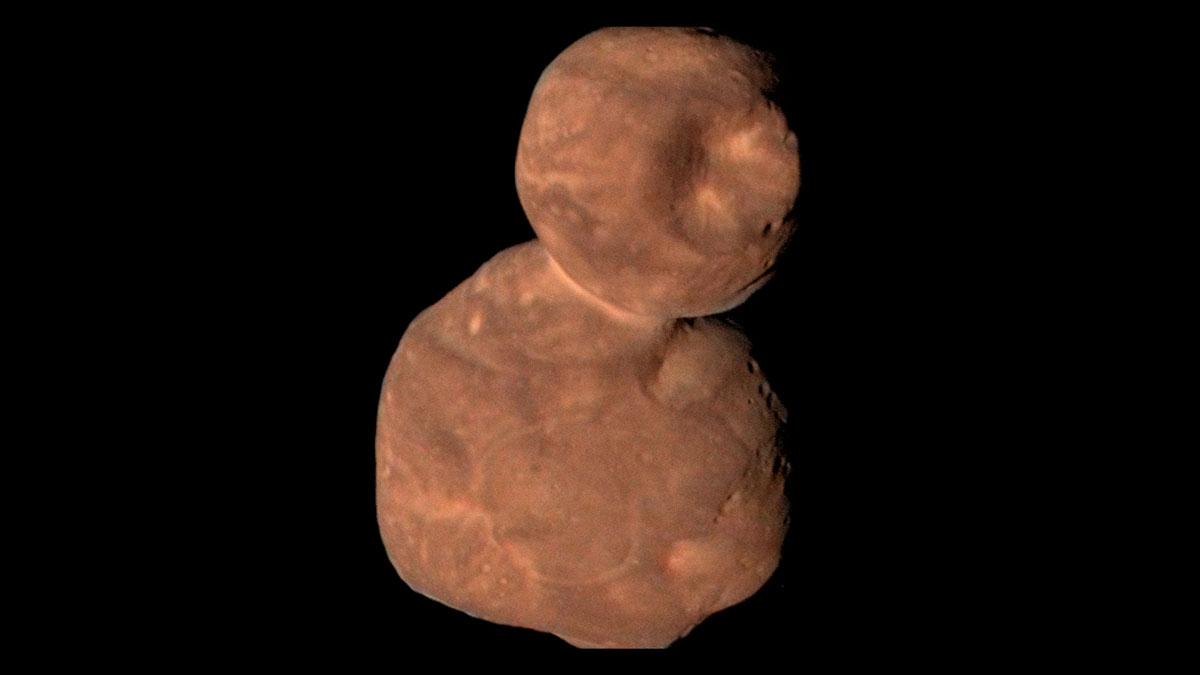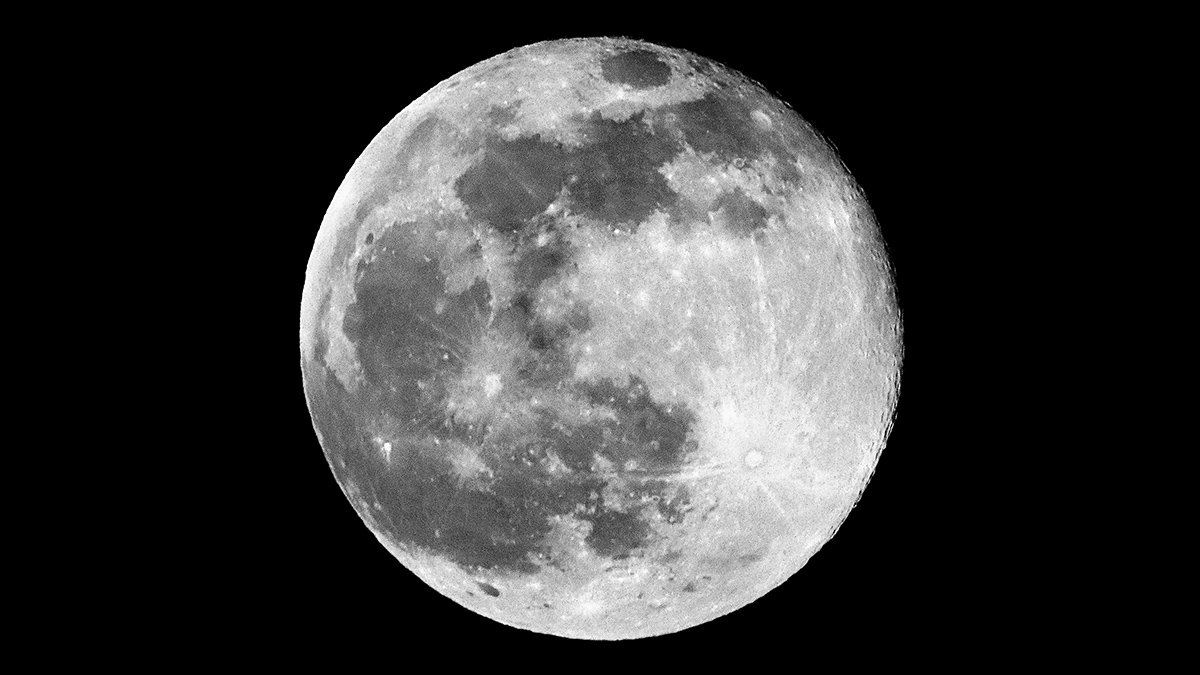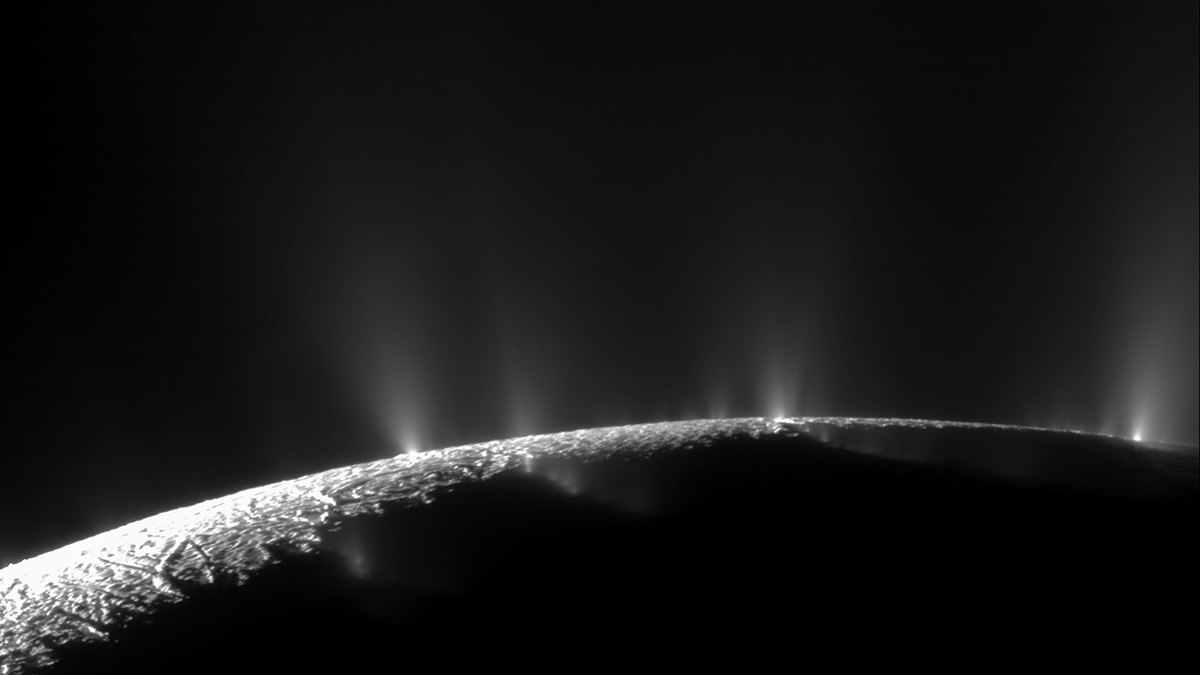¿Cómo se formó la Luna y cuántos años tiene? La datación más precisa hasta el momento del satélite más grande de la Tierra determinó que es mucho más antigua de lo que se pensaba previamente.
planetary evolution
Arrokoth’s Mounds Hint at How Planetesimals Form
The most remote world ever seen up close is a mash-up of smaller pieces.
The Moon Is Even Older Than Scientists Thought
How did the Moon form and how old is it? The most precise dating yet of Earth’s largest satellite found that it is much older than previously thought.
Five Martian Mysteries That Have Scientists Scratching Their Heads
Despite centuries of study and many spacecraft visits, the Red Planet still holds secrets. Here are just a few.
Meteor Impact Site Holds 200-Million-Year-Old Atmospheric Snapshot
Minerals formed in short-lived hydrothermal systems set off by a meteor impact in France preserved information about noble gases in the ancient atmosphere.
Getting Psyched Up for an Asteroid Mission
The first mission to a metallic asteroid, scheduled for launch on 5 October, could provide clues to the formation of Earth and the solar system’s other inner planets.
Mars Has Far Fewer Minerals Than Earth Does
The development of plate tectonics and life on Earth provided avenues for mineral evolution that did not occur on Mars, resulting in relatively limited mineral diversity on the Red Planet.
Astronomers May Have Spotted the Birth of a Planet
Lumps of dust are spiraling around a young star 5,000 light-years away. They could be Jupiter-like planets in the making.
A Planet Is Dramatically Losing Its Atmosphere
Helium that was once part of the atmosphere of the extrasolar planet HAT-P-32b is being ripped away and forming two giant streamers of gas several million kilometers long.
What Methane Jets Might Tell Us About Enceladus
Plumes on Saturn’s moon Enceladus are dumping methane into space—fast. Something must be resupplying the organic compound.










